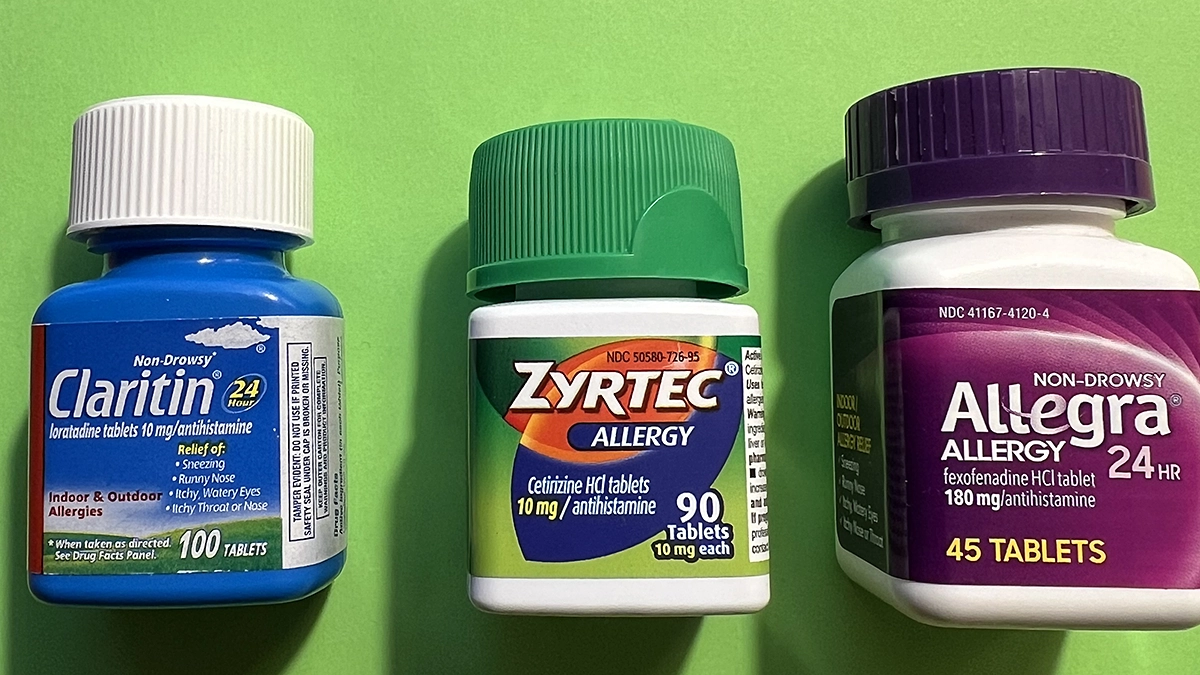Spring is a time of rejuvenation for nature, but unfortunately, it is also the start of a challenging period for many people due to seasonal allergies. According to the National Institutes of Health (NIH), approximately 8% of the population in the United States suffer from allergic rhinitis, and in urban areas, this percentage can be much higher. Symptoms such as sneezing, itchy eyes, nose, and throat, cough, runny or stuffy nose, and watery eyes can significantly affect the quality of life.
Recognizing Symptoms
Allergy symptoms can be confused with other conditions, including COVID-19. Typical symptoms of coronavirus include dry cough, fever, fatigue, and sometimes congestion of the nasal mucosa, runny nose, general aches, sore throat, nausea, and in more severe cases, difficulty breathing and respiratory failure. Pollen allergies can produce very similar symptoms, which underscores the importance of differentiating these conditions, especially in the current health situation.
Why is now the time to act?
Spring is the ideal time to take action to prevent and alleviate allergy symptoms. As the weather warms, trees, grasses and other plants begin to bloom, releasing pollen, which is a major allergen. Early intervention avoids worsening symptoms and increases the chances of a comfortable spring season.
Taking preventive measures, such as regular use of antihistamines or nasal preparations, can significantly alleviate discomfort. In addition, early preparation allows you to tailor remedies to your individual needs, minimizing the risk of unexpected allergic episodes.
How to Prevent and Treat Seasonal Allergies?
There are many ways to deal with seasonal allergies, and some practical tips can help minimize their impact on daily life.
- Avoiding Allergens: While it can be difficult to avoid pollen altogether, it’s worth taking steps to reduce its impact. Washing clothes and bedding regularly, washing hair, bathing pets frequently, avoiding upholstered furniture and carpets, and vacuuming regularly can help significantly.
- Pharmacological Treatment: Over-the-counter antihistamines, nasal sprays, decongestants and anti-inflammatory eye drops can relieve mild symptoms. For more severe symptoms, prescription treatment and allergy injections may be recommended. Consultation with your doctor will help select the appropriate therapy.
- Prevention: Eye drops, nasal sprays, and oral anti-allergy medications before the flowering season can prevent the onset of symptoms. These medications are generally available and usually have no side effects, and regular use can significantly improve your comfort level.
Why Allergies Should Not Be Ignored
Allergies can predispose to weakened immunity, which increases the risk of viral and bacterial infections. In times of epidemics or pandemics, untreated allergies can pose additional risks. Prevention and proper treatment of allergies not only improve quality of life, but can also strengthen immunity.
Summary
Spring allergies, while bothersome, are a condition that can be effectively controlled. The key is proper prevention and action before symptoms appear. When in doubt or when symptoms are severe, it is worth consulting a doctor or allergist.
Examples of antihistamines*
I recommend Zaditor eye drops, Nasonex nasal spray, and Claritin tablets. The drops and spray, in particular, are well tolerated and are not entirely absorbed into the body, which minimizes the risk of side effects. Remember that the key to successful allergy control is proper preparation and prevention.
* All trademarks or registered trademarks are the property of their respective owners.

